- There has never been a power vacuum in the Middle East and no need for interference from outside forces
Recently, India's Asia Times published an article by Carris Witt and Dale Alf, who said that as the United States readjusted its Middle East strategy, China is gradually expanding its influence, which will eventually change the order in the Middle East.
In January 2022, when Foreign Minister Wang Yi visited Middle Eastern countries, he said that there has never been a vacuum of rights in the Middle East, nor does it need interference from external forces. Although Foreign Minister Wang Yi did not name and criticize the United States, he emphasized that due to foreign interference, the region is suffering from long-term problems. The turmoil and conflicts that exist have proven that the United States is the destabilizing force in the region.
The author of the article said that China has long followed a foreign policy of non-interference in internal affairs, so it is unwilling to intervene in the Middle East. In the words of a Chinese reporter, the United States is constantly cultivating the region for its own interests, in the name of sowing democracy. Seeds create chaos and conflict. In contrast, China has no enemies but friends in the Middle East.
China has traditionally been reluctant to challenge the United States on the Middle East issue, because the two sides still have certain entanglements of interests. The United States is destroying the Middle East, while China is building or developing trade in the Middle East. However, in the context of the renewed outbreak of great power competition , the United States is withdrawing its military power in the Middle East, and China's Middle East strategy will change accordingly. Today, China's interests with the Middle East can be said to be deeply entrenched. China relies on the Middle East for about half of the energy it needs for its sustainable development, and increasingly relies on countries such as Qatar to ensure a stable supply of natural gas to mainland China.
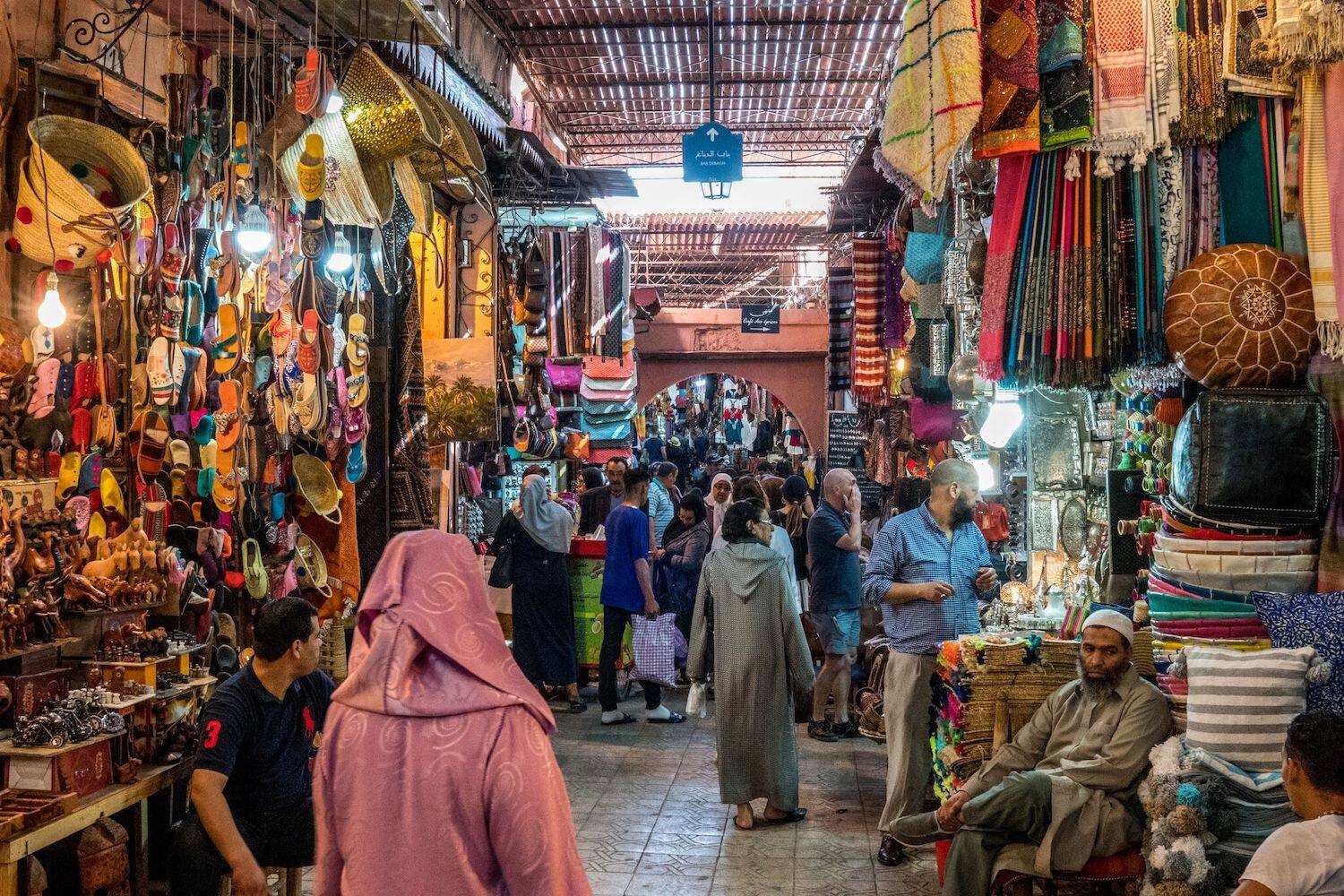
In 2021, China's trade with the Middle East countries will exceed 200 billion US dollars. At the same time, as much as 60% of China's exports to the Middle East countries are implemented through the United Arab Emirates. China is also the largest source of imports from Egypt, Israel and Lebanon. It is also the second largest importer of Turkey, Syria and Jordan. Over the past 20 years, China's exports to these six countries have grown nearly 12-fold, from $4.2 billion in 2000 to $54.3 billion in 2020.
Compared to 2020, Chinese investment in Arab and Middle Eastern countries has grown by around 360%, while infrastructure participation has grown by 116%, with Chinese engineers involved in everything from building smart city renewable energy infrastructure to fifth-generation telecommunications networks. project. Syria signed a Belt and Road cooperation agreement with China, while Morocco signed an implementation plan for the initiative, and Belt and Road projects will continue to increase throughout 2022.
Although China's military influence in the Middle East is also growing, it is still insignificant compared to the United States, and Beijing seems to prefer to maintain an economic focus rather than a military focus. At the same time, allowing Russia and the United States to continue to maintain regional military security, Russia and China may be launching a cooperation in Syria, China is responsible for economic construction, and Russia is responsible for anti-terrorism operations.
Today, China’s position in the Middle East is similar to that of the United States in the region in the late 1920s, when Britain and France were the dominant foreign military powers, and over the next 25 years, Europe’s power gradually waned, and the United States as the The dominant forces in the Middle East began to intervene and have continued to this day. China's main focus on economic cooperation is reshaping the regional structure of the Middle East. China vigorously promotes economic cooperation to promote social development in the Middle East, which reflects the concept of a community with a shared future for mankind. Whether it is France and the United Kingdom in history, or the United States later, no country has the goal of building the Middle East, and the Middle East countries will eventually turn to the East, because China is the real partner, not an extraterritorial power.Editor/Ma Xue
Comment
 Praise
Praise
 Collect
Collect
 Comment
Comment
 Search
Search


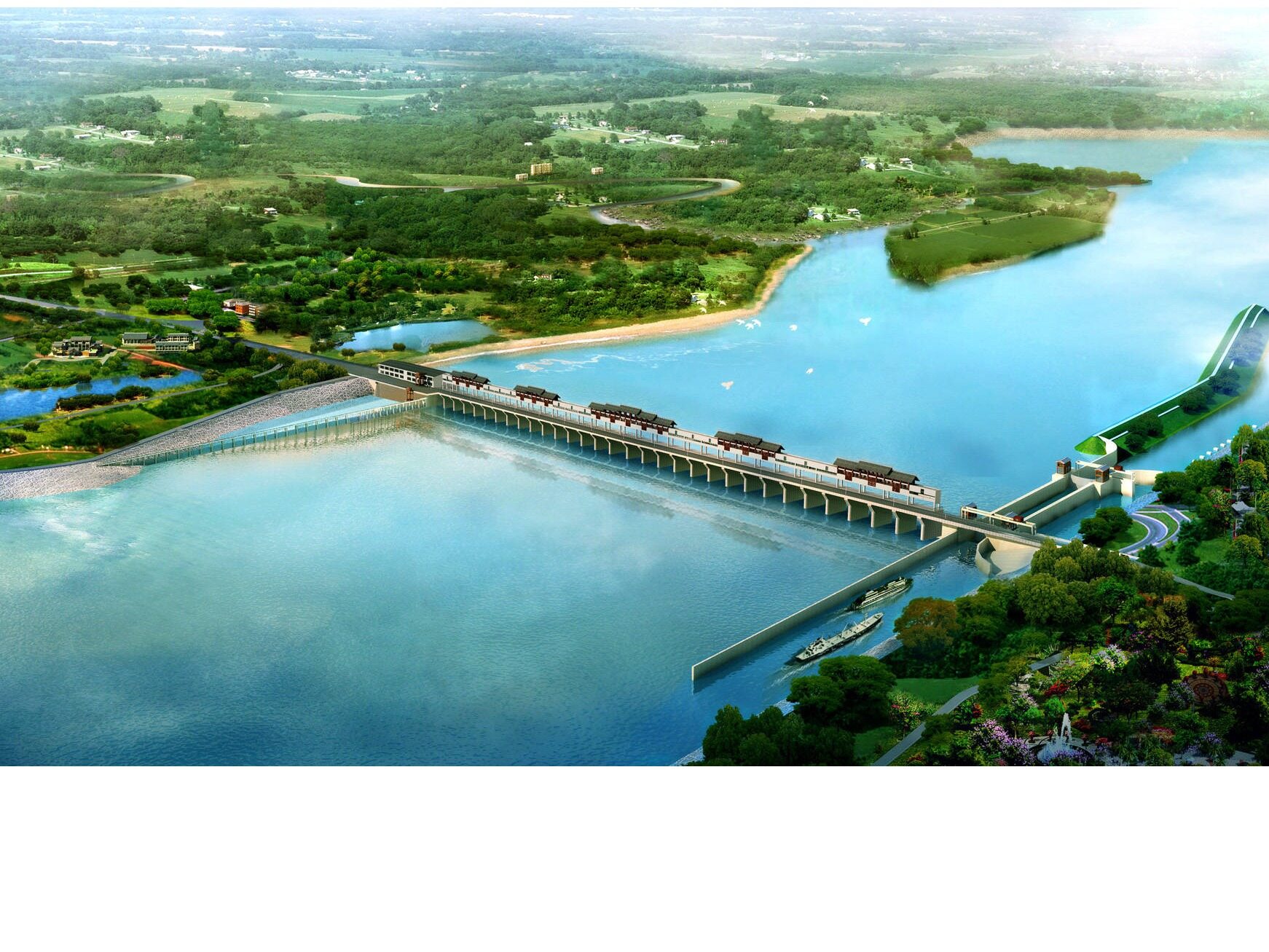
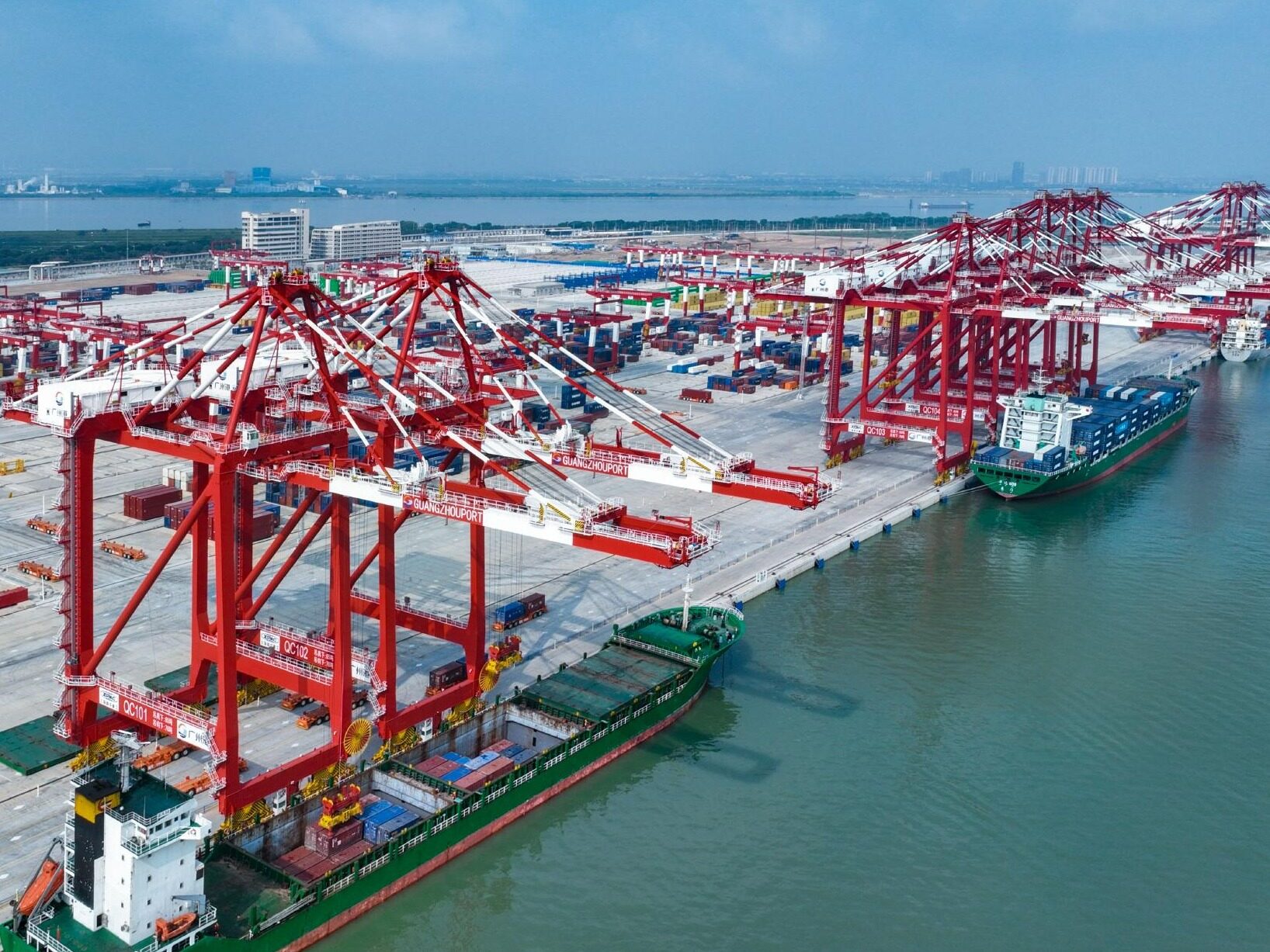
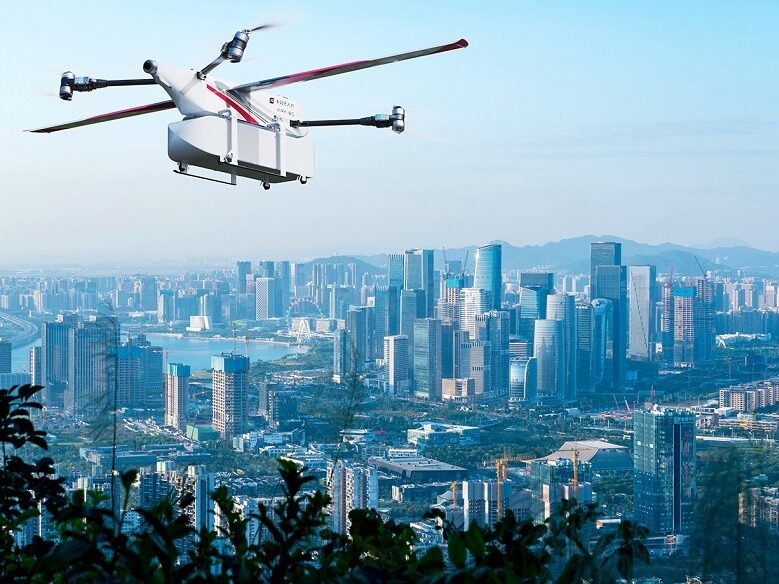
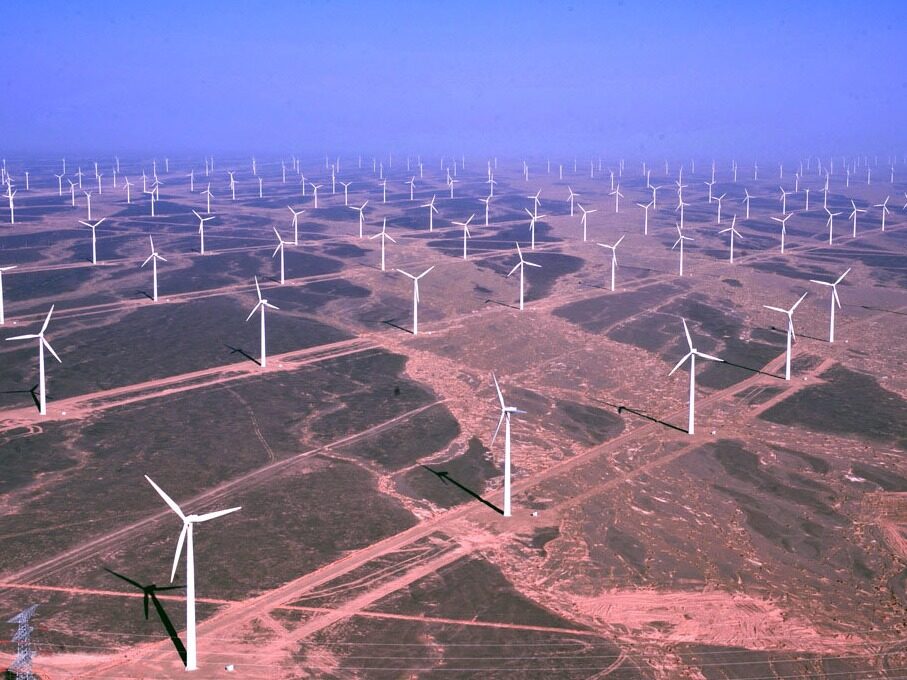
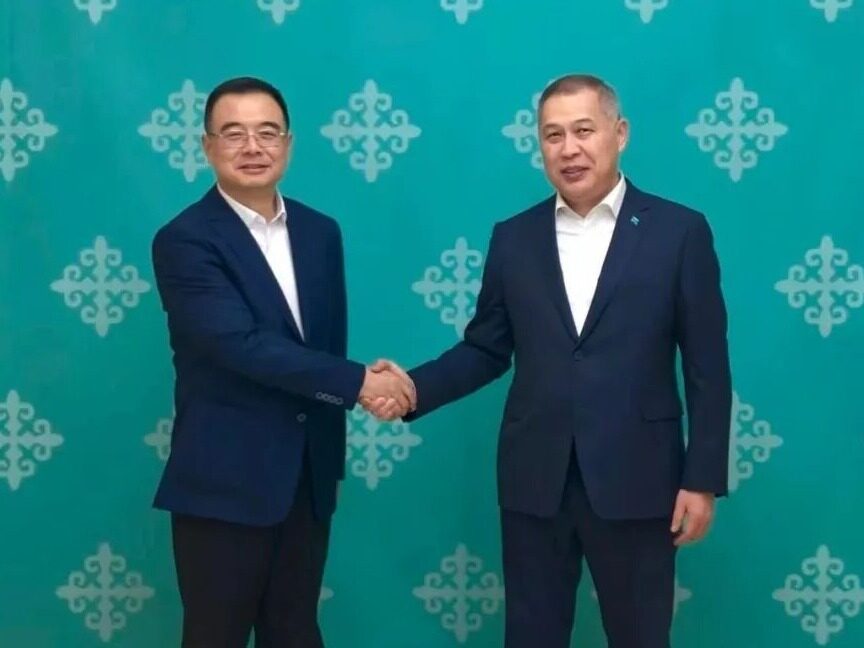
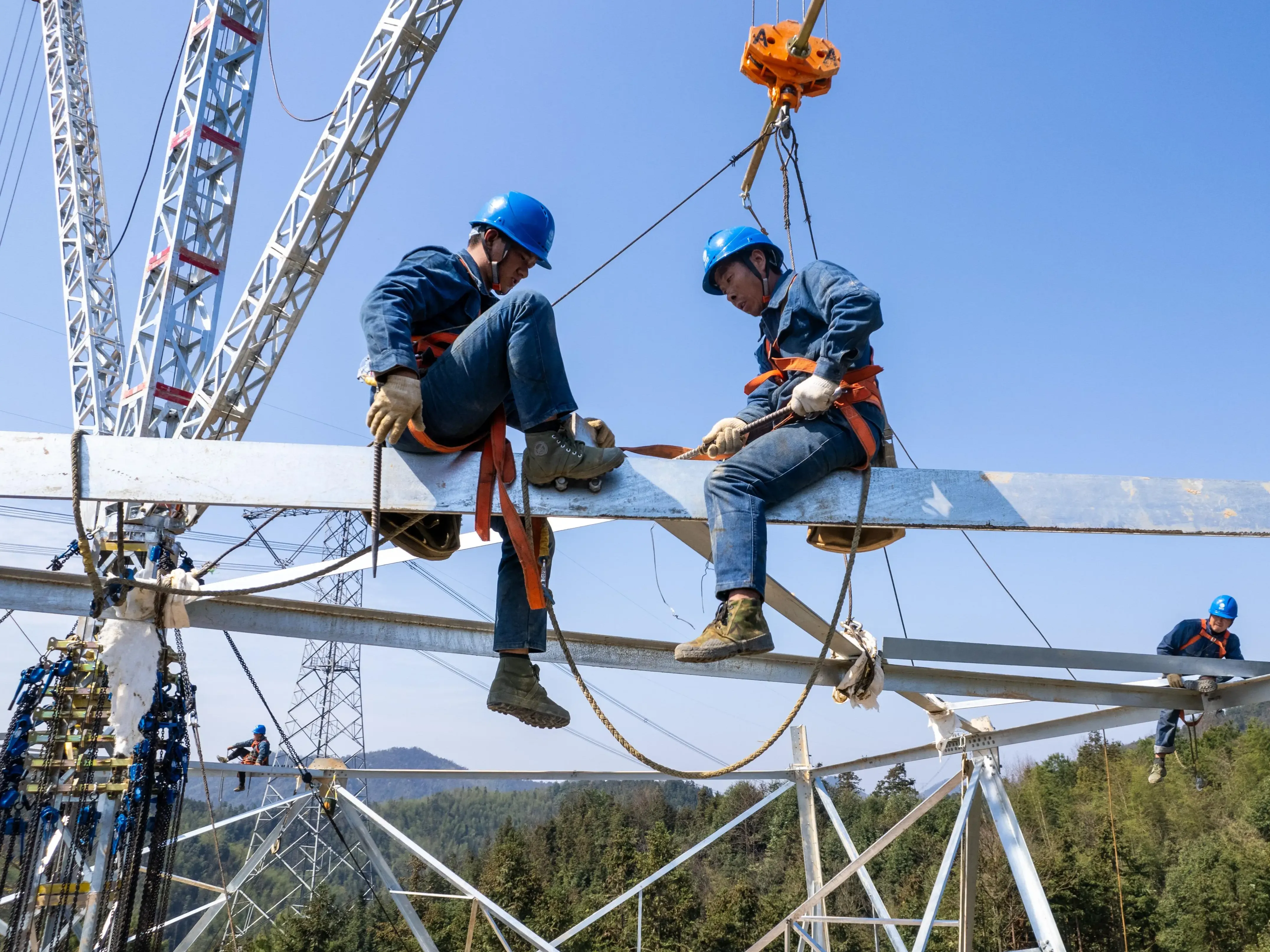






Write something~